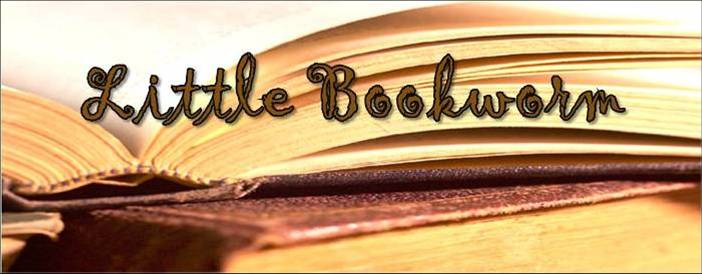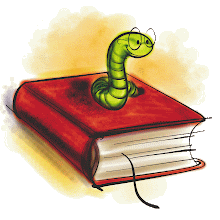History and Philosophy of Psychology
Yawn. Zzz. Yeah, right. Not with the lecturer I got this sem, thankfully.
The philosophical part:
Lecturer shows a slide with a picture of a big, black circle.

"So, can anyone tell me what colour this is?"
Black, duh.
"Very good. How do you know its black?"
Sheesh. Through experience, learning, bla bla bla...roll eyes at the lecturer.
"Hmm...but how is your definition of black different from your friend's definition of black?" (With a big, wide grin on her face)
Blank stares. WTH?!
Why on earth do philosophers find philosophy interesting??? Do enlighten me.
The historical part:
"Why do we study history?"
Easy. To know our roots, learn lessons from the past so that we won't repeat the same mistakes, bla bla bla...
"Yeah, but the past is past, right? What's the point of learning about all these dead people?"
Tell me about it. I'm sure every single student has asked themselves that question each time they flip open the cover page of their History textbook back in high school.
"Think about it. I'll give you an analogy - when you want to marry someone, you have to know that person's history first, right? How many brothers/sisters he/she has, how many past relationships he/she has been involved in, and the cause of the break-up. And why do you do this? 'Coz you'll be investing your future with this guy/girl, so you have to dig up his/her history."
Hmm. When she put it that way, it does sound logical and pretty interesting.
"So how can we relate that with the history of psychology, or any other science for that matter? Because, although the people are dead, their ideas still live on."
Hence the reason we are all sitting in classrooms and slugging away over our textbooks and assignments - to study the "living" ideas of the dead.

